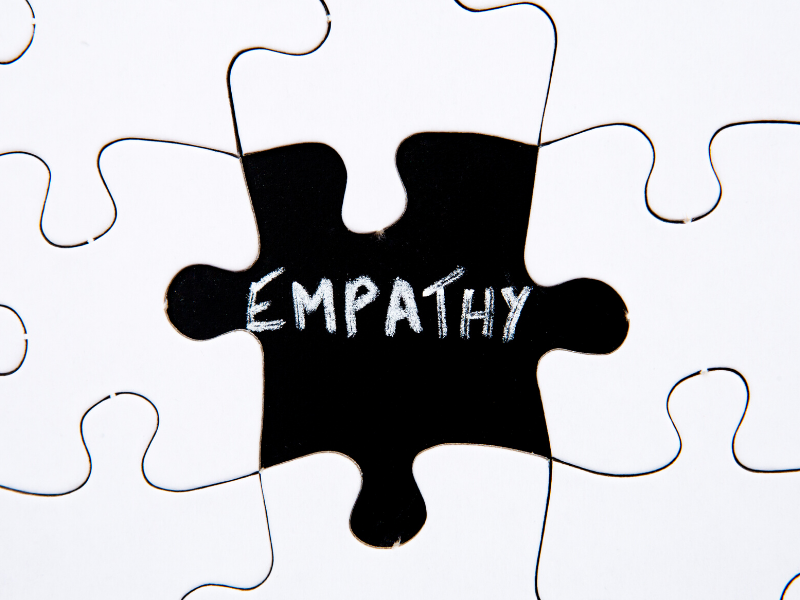The word “agenda” often carries a negative connotation; however, having one is not necessarily sinister. Simply put, an agenda is a well thought-out plan that outlines the steps that will move a person from one point to the next. That’s actually how you get things accomplished. You make a plan; then you work your plan and this propels you forward to reach your goals.
If you want to be successful in the dating arena, it’s important to create an Action Plan that may include an agenda. After all, if you didn’t first determine where you want to go, what would be your impetus to move vigorously in its direction? Furthermore, if you understand what you hope to achieve by following your agenda, you can be assured that you’re binding yourself to a partner for the right reasons.
Here are four examples of possible agendas.
1. A Convenient or Friendly Relationship. You may be tired of living alone, or you have a desire to start a family but would rather not be a single parent. Consequently, you start a relationship with a person who fulfills some of your needs but with whom you’re not necessarily “in love.” A long-time friend could also be a good candidate for this type of relationship. In either case, the two of you genuinely like each other and, as a bonus, you can share expenses, child-rearing duties and household responsibilities. However, the passion of romance is often missing.
2. An Abusive Relationship. Since no one wants to think he/ she would willingly enter an abusive relationship, this type of agenda would probably be a hidden or buried one. People who should be on the lookout for this type are those who may have suffered verbal, emotional or physical abuse in their familial home or in a prior relationship. Abuse comes in lots of different manifestations and, often, an abused person confuses love and abusive attention. Due to the tendency to revert to the familiar (even if it isn’t good for you), abused persons may draw multiple abusive relationships to them without consciously realizing it.
3. A High-Status Relationship. When faced with financial hardship, or even disaster, it’s nice to daydream about entering a relationship with a person who can solve your problems with their money. If this is the main impetus for a relationship, you may solve one problem, but others will most likely erupt. Ezra Bowen cautions, “If thee marries for money, thee surely will earn it.” In other words, there are no free lunches! This is an unspoken imbalanced relationship, which can create feelings of obligation and eventual resentment.
4. A Long-Distance Relationship. As a single person, you may have become accustomed to doing things on your own. Moreover, you like your independence and the fact that it’s not necessary to explain yourself or your usage of time to anyone else. This doesn’t negate the feeling that you might also like to have a monogamous partner – although probably not on a full-time basis. Accordingly, you might purposefully look for a partner who isn’t home very often – for example, a pilot who is constantly jetting across the world. This could give you the best of both worlds: autonomous time and a partner with whom to have fun and share a family and other responsibilities. In general, every relationship fulfills some need (and hopefully multiple needs) within us. A relationship can be a lot of work, so if it didn’t satisfy you in some manner, why would you want to enter into one?
Without making a value judgment about the myriad of different types of relationships that are possible, I only caution you to take the appropriate time to examine the reasons why you are participating in yours. It’s very possible they lie below the surface and, if you can be honest with yourself, you have a better chance at success.
QUESTION AND ANSWER
Question: Lately, my partner and I are experiencing a lot of conflict. We’re finding it difficult to ever reach a clear resolution about any issue other than we know that we disagree. Do you have any suggestions on how to remedy this situation?
Answer: Your conflict sounds somewhat nebulous, almost pervasive. In fact, you might not even be sure about what you’re disagreeing. Thus, I suggest using this five-step procedure.
1. It’s important to feel your emotions because that’s the only way that you can process them. Therefore, if you’re angry, acknowledge it and then search to determine exactly from where it’s emanating. Keep in mind that anger usually indicates that you’re afraid of something.
2. Be honest with your partner. If you have an issue, express it rather than saying, “It’s nothing …” when it’s really something quite important to you. Unless you communicate your concerns, it’s unreasonable to think that your partner knows you want to change something in your relationship dynamic.
3. Stop doing the same thing and expecting different results; that’s insanity (so says Einstein). If a change in behavior or attitude is needed, take the appropriate steps to institute it.
4. Learn to forgive and then detach from the negativity surrounding a particular situation. This enables you to avoid holding grudges and dragging old disagreements into new issues.
5. Keep the good characteristics of your partner in the forefront of your mind. Choose to be happy and in love. Every day, find something that reminds you why you love your partner.
Ellen Gerst is a relationship coach, author and workshop leader. Visit LNGerst.com. To ask Ellen a question to be answered in a future column, email her at LNGerst@LNGerst.com.




